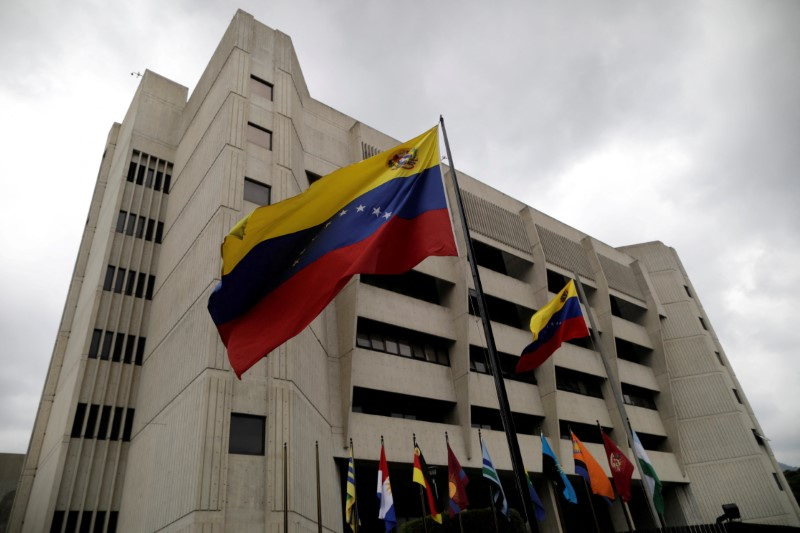In a dramatic turn of events, Venezuela’s Supreme Court announced on Saturday that the opposition coalition had not presented any evidence in their challenge to the hotly contested July 28 presidential election. The court, wielding immense power, warned that its forthcoming decision on the matter would be final and binding, leaving no room for appeal.
This high-stakes drama centers on the South American nation’s embattled electoral authority, which critics allege is firmly in the grip of President Nicolas Maduro. The authority has already declared Maduro the winner, sparking outrage among opposition supporters who insist that their candidate, Edmundo Gonzalez, was the true victor.
Adding fuel to the fire, the electoral authority has refused to release a detailed vote count. To make matters worse, their official website mysteriously went offline in the early hours of July 29, fueling suspicions of foul play. In a bold move, the opposition took matters into their own hands, posting what they claim is the real ballot count online—showing Gonzalez with a commanding lead, boasting double the number of votes that Maduro allegedly received.
In Venezuela, the electoral process is supposed to be transparent, with voting machines generating three copies of voting records—one for the electoral authority, one for the ruling party, and one for the opposition. But transparency is a rare commodity in this political thriller.
Maduro, perhaps sensing the gravity of the situation, petitioned the Supreme Court to verify the election results. The court responded by summoning all the candidates. Gonzalez, however, refused to attend, citing fears of arrest—a fear not unfounded in a nation where political opposition is often met with harsh consequences.
Opposition members who did attend the court proceedings demanded the release of the ballots. They claim to have their copies securely locked away, a safeguard against potential tampering.
But on Saturday, Chief Justice Caryslia Rodriguez dropped a bombshell: “The members of the Unitary Platform (opposition coalition) did not submit any electoral material” to the court. Instead, she revealed, the court had only received the vote counts from Maduro and the electoral authority. Rodriguez delivered a chilling reminder that once the court concludes its investigation, the ruling would be “unappealable, and compliance will be mandatory.”
The tension is palpable as international observers weigh in. On Thursday, Brazil, Colombia, and Mexico issued a joint statement urging the electoral authority to disclose a detailed vote count and expressing skepticism that the Supreme Court could resolve the crisis fairly. Meanwhile, other Latin American nations and the United States have flatly rejected Maduro’s victory. On the flip side, Maduro’s global allies—Russia and China—have already extended their congratulations.

